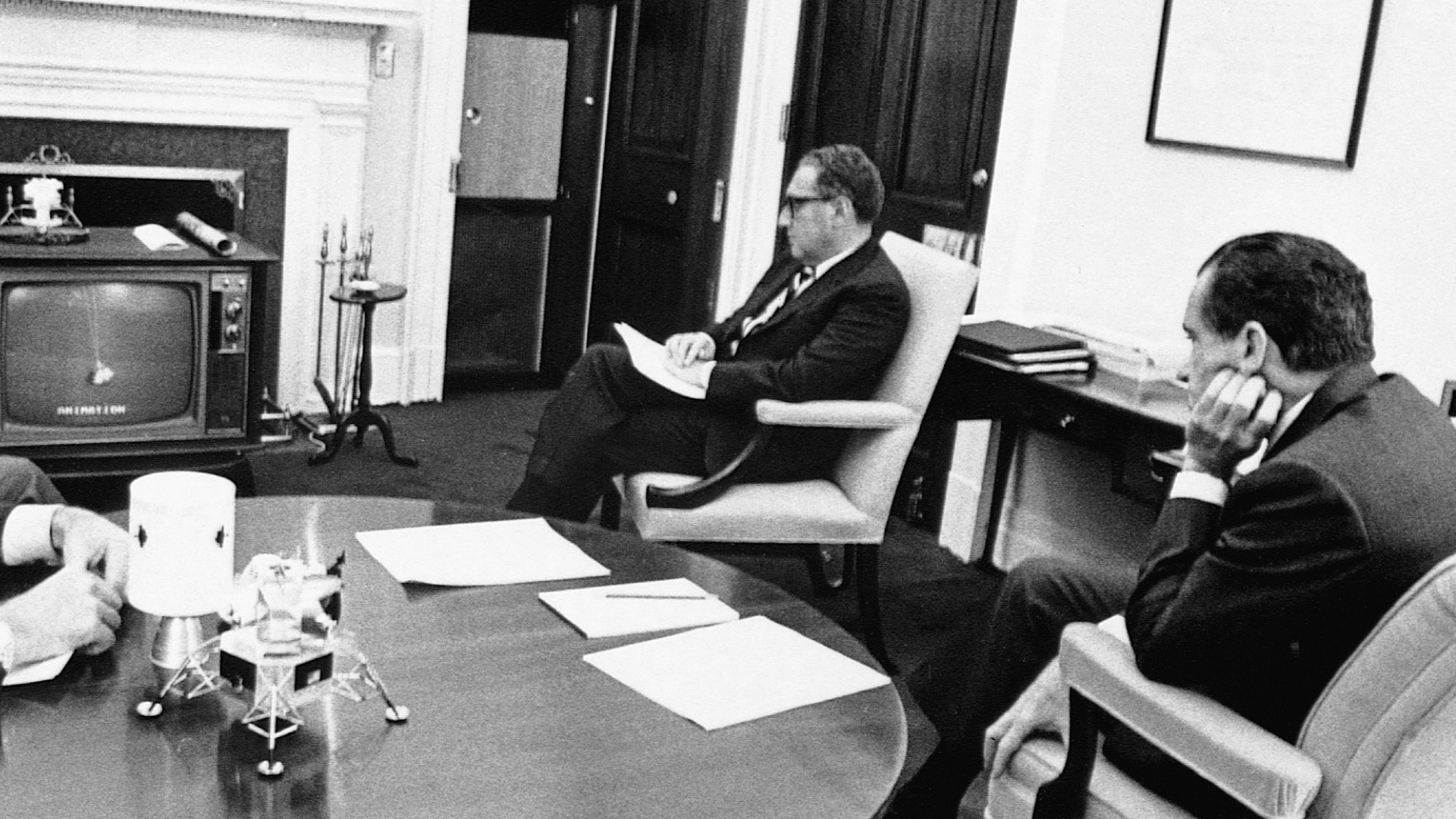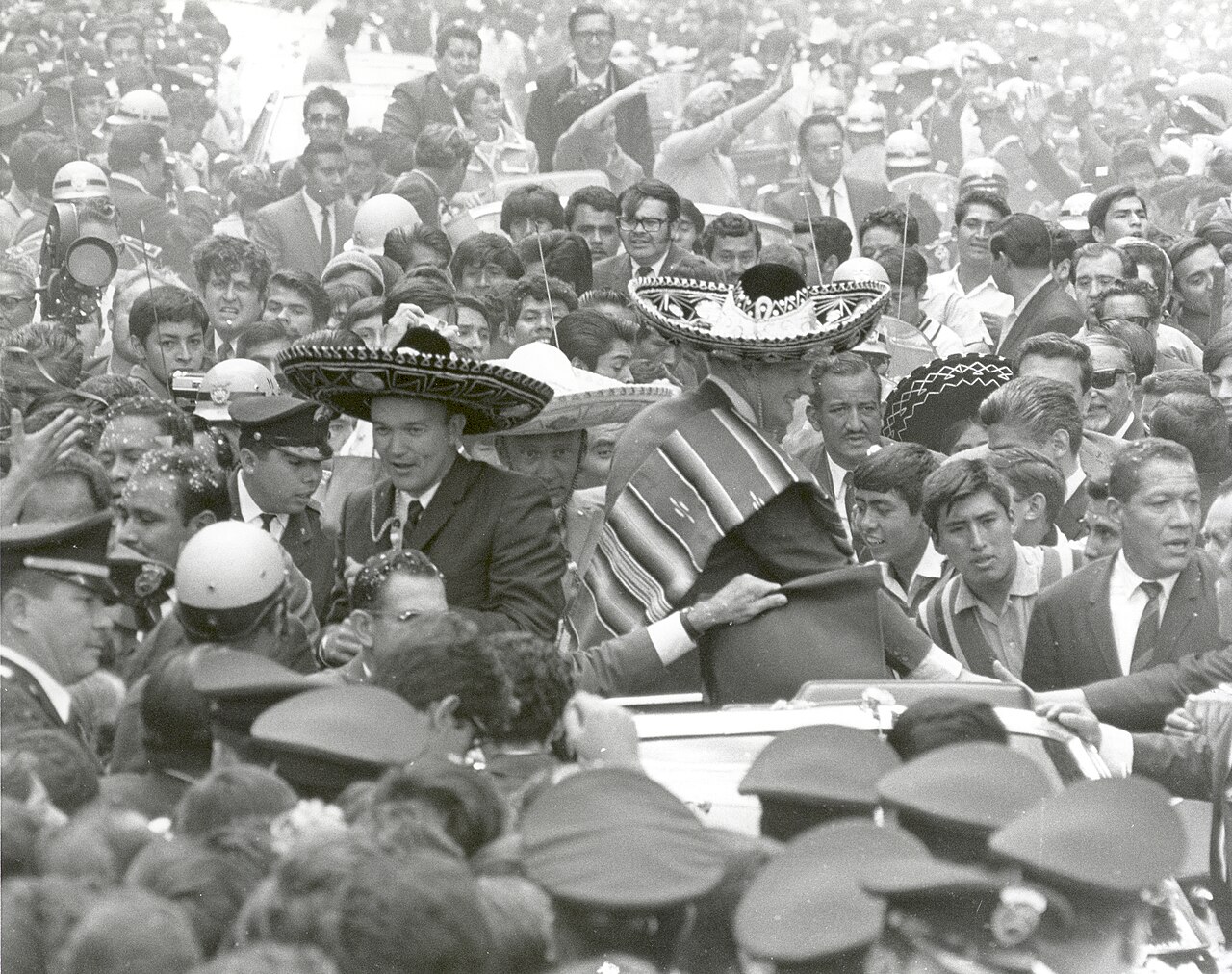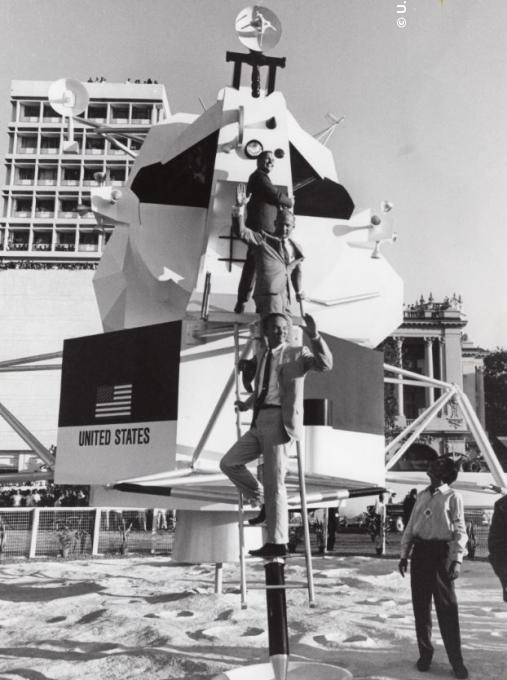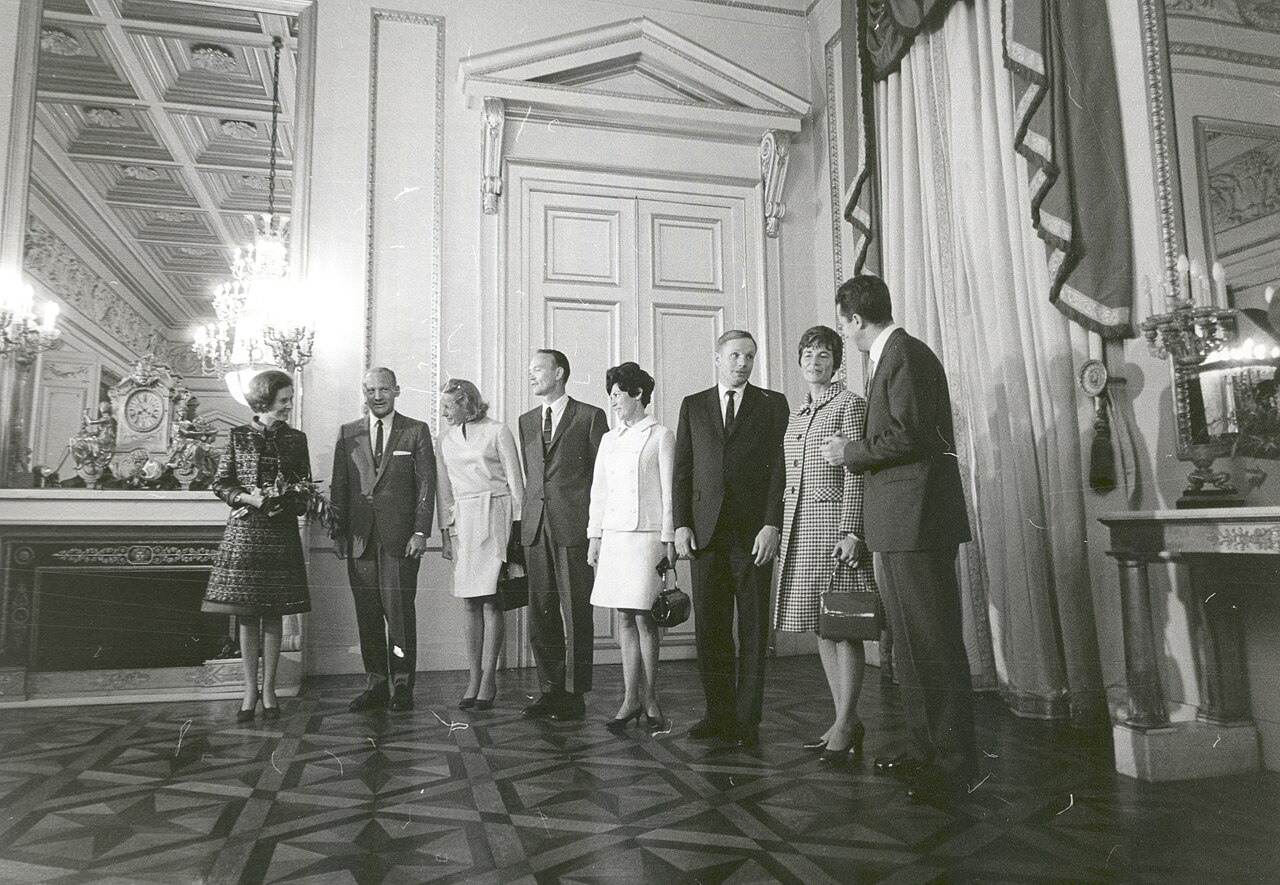
Henry Kissinger, the legendary statesman who served as Secretary of State under Presidents Richard Nixon and Gerald Ford, passed away yesterday at the age of 100. An official statement from Kissinger’s New York City-based consulting firm confirmed that the longtime political figure and foreign policy architect died on Wednesday (Nov. 29) at his New England residence in Connecticut.
While Kissinger is remembered most for his hawkish foreign policy positions, the former Secretary of State played a key role in promoting the success of NASA's Apollo 11 mission in landing on the moon to the world.
During the historic Apollo 11 moon landing mission in July of 1969, Kissinger's own State Department and the U.S. Information Agency (USIA) were instrumental in sharing details of the space program with the world as a means of promoting American democracy and innovation.
According to the U.S. State Department, Nixon and Kissinger saw the moon landing as the perfect opportunity for a State Department-orchestrated world tour of the entire Apollo 11 crew, accompanied by their wives, to expand foreign policy efforts and show our country’s eagerness to openly educate Earth's citizens.
Related: 50 Years Later, Apollo 11 Moon Landing Reminds America What It's Capable Of
NASA estimates that more than 100 million people saw the Apollo 11 astronauts during the goodwill tour in various motorcades and other venues. The agency states the crew shook hands with an estimated 25 thousand people during the tour.

As part of that initiative, life-size mockups of the lunar module and command module were put on display at exhibits around the globe.

The official goodwill Apollo 11 tour, led by the State Department's Deputy Chief of Protocol, visited 24 countries and 27 cities over the span of 45 days to the thrill of millions of people.

Aside from promoting Apollo 11 to the world, Kissinger's duties as both National Security Advisor and U.S. Secretary of State from 1969 to 1977 made him a pivotal figure in establishing friendly diplomatic relations with China in 1972. In addition, Kissinger worked to stop the Yom Kippur War in the Middle East, and America finally withdrawing from the moral and logistical complexities of the Vietnam War. For contributions to helping end that war, he shared the 1973 Nobel Peace Prize with North Vietnam's special advisor Le Duc Tho.
Kissinger was born in Furth, Germany on May 27, 1923 as Heinz Alfred Kissinger. While Hitler's Nazi regime was rising to power, young Kissinger and his family quickly made the exodus from Germany to the United States in 1938 where he was awarded citizenship in 1943 in the midst of World War II. During that global conflict he fought with the 84th Army Division for three years from 1943 to 1946 and received a Bronze Star for his service.
When peace was finally restored to Europe after the war, Kissinger was dispatched to occupied Germany's Counter Intelligence Corps. Back in the states, he continued his educational pursuits and was awarded a doctorate degree in Philosophy from Harvard University in 1954, where he became a professor of international relations for almost two decades.
Kissinger is survived by his wife of nearly 50 years, Nancy Maginnes Kissinger, and their two children, Elizabeth and David. A private funeral will be held in New York.







